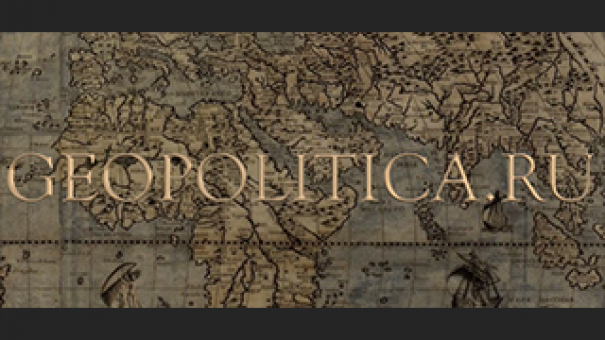Will Serbia join the EU?
The chief negotiator for the Republic of Serbia in European Union accession talks, Tanja Miscevic, previously reported that full negotiations will begin within a few weeks. According to the official website of the European Council, the meeting of the Board is planned from the 14th through 19th of December. The main agenda issue concerns ways to speed along successful integration of Serbia into the EU. While negotiations on the accession of Serbia to the EU were officially launched in January 2014, subsequently no chapters of the negotiation dossier have been opened.


